How to sustain the process of making money?
Whether you’re in the business of fast food or used cars, laptop repair or pet supplies, when the money starts to come in, you want things to stay that way. For most people, this involves going about company duties in an honest, clean-cut fashion of a neutral bias that’s fair to both you and your clients. The method exists for more than one reason. To start things off, you’re probably an honest person who knows how to feel empathy, and would hate to see someone get cheated, especially when the con-man happens to be you. That’s called remorse—and again, most of us keep a place for it in our hearts. Secondly, it’s simply not good business to be conniving against patrons. Sooner or later the word gets out. When that happens you, my friend, will be out too. Out of business that is.
But unfortunate as it may be, there are slimebag ways to play the game. Ways to lie, cheat, and steal from customers, and keep right on making money whilst doing so. More unfortunately still, one of the biggest breeding grounds for these underhanded techniques is spread right underneath your feet. If you’re reading this article, chances are you either need a hardwood floor inspection, or have had experience with one and wish to learn more. Right out front let me say this: Not all floor inspectors hold the customer’s best interests at heart. It may even be opined, in certain circles, that most of them don’t. Yes, bad inspectors exist. Inspectors who want to sustain the process of making money by dragging a case out for as long as possible. After all, the sooner a case gets resolved, the sooner people get to stop paying the bills.

How Can I Tell A Bad Floor Inspector From A Good One?
A floor inspector’s job is to find out what’s wrong with the floor. Why is it cupping, or buckling, or cracking? What’s going on? His/her position should not extend beyond that, and should be administered from a completely neutral standpoint. For some, however, professionalism is relative. They could be relying on a client’s ignorance for the acceptance of false claims. They could have been hired by the contractor and thus be inclined to favoritism. Or as I mentioned above, maybe they just want to reel the line in, let out some slack, then reel it in some more (ka-ching!). Pay very close attention to the following:
-
- A bad floor inspector may not be fully certified for that position
- Check that he or she is NWFA certified or certified by another respectable association
-
- A bad floor inspector may make assumptions based on what they see and feel, rather than actual test results
- A bad floor inspector may exhibit favoritism
- This is a natural way to react toward the guy paying your bill; however…
- Professional-quality floor inspectors hold no bias toward any party, even at times against the person or company that is paying for their service.
-
- A bad floor inspector may work for an “inspection service company”
- Avoid “inspection service companies” at all costs
- Services from such companies are not respected by the NWFACP
- NWFA certified professionals programs will not honor their results

What Constitutes A Proper Hardwood Floor Inspection?
I suppose you could just look at the above precautions through a mirror. There are, however, some other key points to consider while the inspection is taking place. Keep an eye out, and an ear open, for the following traits a good inspector will exercise:
- A good inspector will not make you an offer to fix the problem himself/herself
-
-
- He or she may do contractor work on the side, but will never mix the two services into one pot
-
- A good inspector listens much more than talks
-
-
- The facts of the case are important
- Every one of them will be recorded for examination
- The facts of the case are important
-
- A good inspector, like a good scientist, verifies claims with research and a bit of detective work
- A good inspector will take no one’s word on anything
-
-
- For example: What was the weather like on the day of installation?
- He or she will independently check the calendar date, and the weather for that day
- For example: What was the weather like on the day of installation?
-
- A good inspector knows the geographical properties of the area, and how they affect construction
- A good inspector will use the “Industry Bible”. The NWFA publishes “Problems Causes and Cures”. This resource is key in discovering what the issue is and why it’s happening. If your inspector does not use or know about it move on to an inspector who does.
Rememb er: Bad hardwood floor inspectors do exist. They will tell lies to consume your time, your money, and maybe even your entire business (some cases have been known to cost clients tens of thousands of dollars).
er: Bad hardwood floor inspectors do exist. They will tell lies to consume your time, your money, and maybe even your entire business (some cases have been known to cost clients tens of thousands of dollars).
Good hardwood floor inspectors also exist. They are fully certified in their profession, seek only to discover the truth, and in so doing, manifest a fair outcome for all parties involved. By following the above precautions you can rest assured of a trustworthy visit from the right inspector who cares deeply about what went wrong.

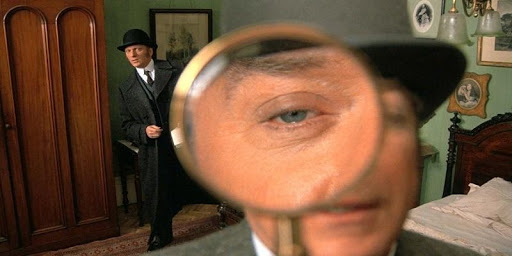
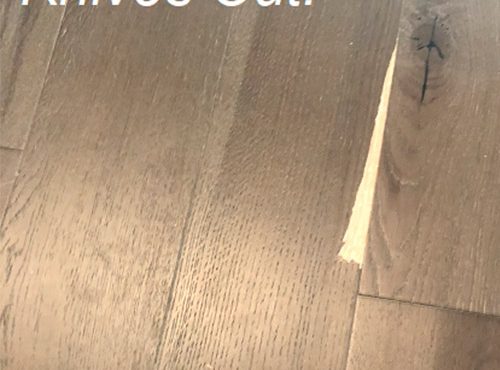

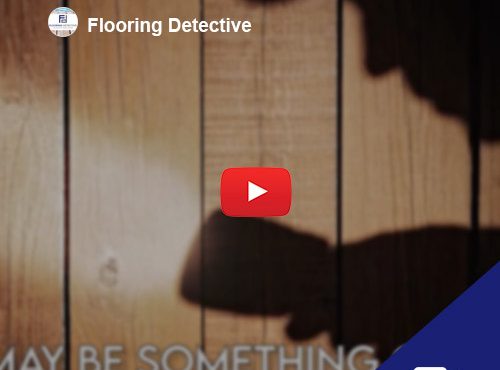
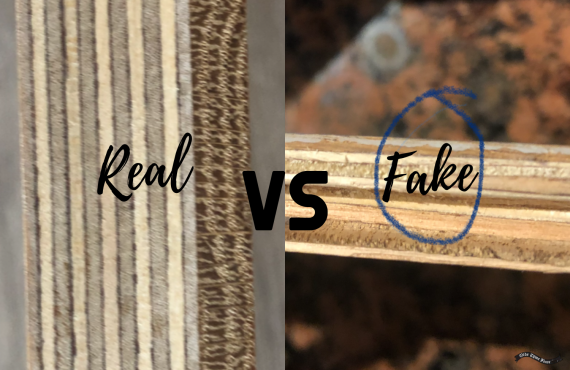

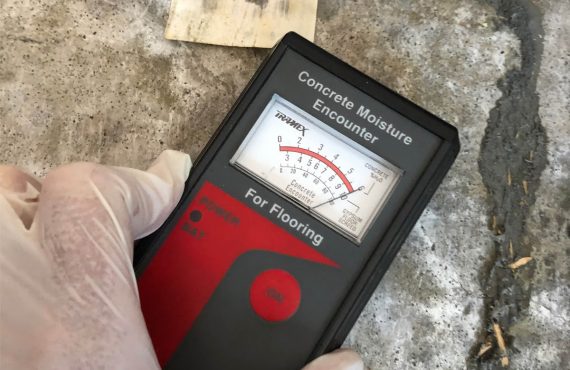
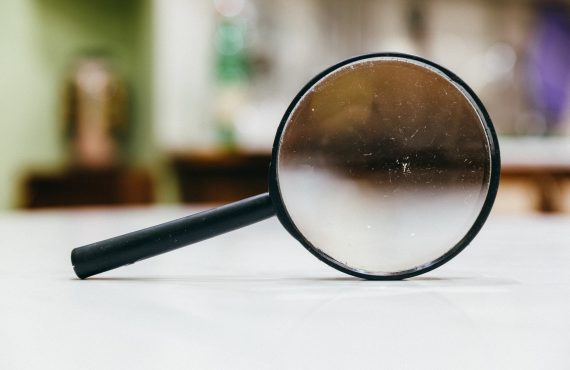

No comments yet.